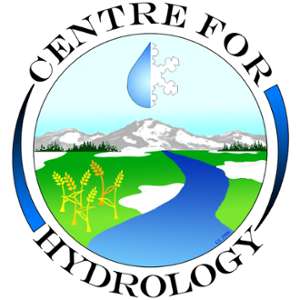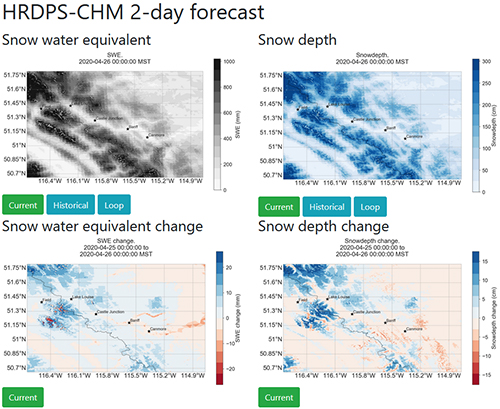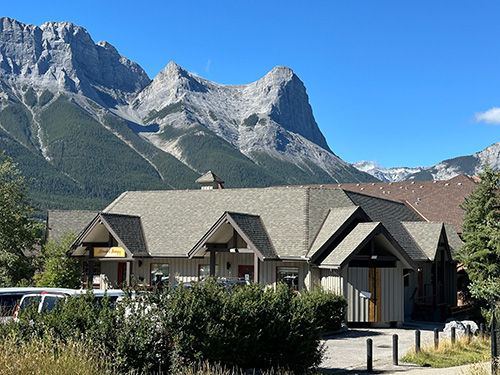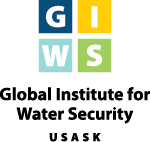 Centre for Hydrology
Centre for Hydrology
Centre for Hydrology, University of Saskatchewan
The University of Saskatchewan has a long established international reputation for excellence in hydrological research and teaching. Current Centre for Hydrology research includes - among others - studies of the following topics:
Hydrology and Climate
Snow Processes and Cold Regions Hydrometeorology
Water Resources of Western and Northern Canada
Hydroecology and Water Quality
Effects of the Mining Sector on Water Resources
News & Events
2025-2026 Seminar Series

The Centre for Hydrology’s monthly seminar series highlights the latest hydrological research from across campus. These sessions offer our community a chance to share knowledge, exchange ideas, and connect in an open, collaborative setting.
Next Seminar: Hydrology in submarine subduction zones — from sampling to quantifying fault slip using Geochemistry (Jan. 20)
Loading...
For more news and events, visit our blog!
UNESCO Chair in Mountain Water Sustainability
The UNESCO Chair in Mountain Water Sustainability will link researchers and communities in Canada, Chile, Nepal and other high mountain nation states and relevant research institutions around the world to address climate-mountain water sustainability challenges as part of the UNESCO International Hydrological Programme’s (IHP) quest to achieve equitable and inclusive sustainability in communities dependent on high mountain waters under the stress of climate change. The Chair will promote the interface between science, policy, and society and ethical and inclusive policies for sustainable development; strengthen international science cooperation for peace, sustainability, and support inclusive social development including the promotion of intercultural dialogue and the rapprochement of cultures.
SnowCast

SnowCast is an experimental model output that uses the Global Environmental Multiscale (GEM) model forecasts from Environment and Climate Change Canada (ECCC) to drive the Canadian Hydrological Model (CHM). Estimates of snowpack are provided over the a Bow River Basin upstream of Calgary, Alberta. To view SnowCast, click the button below.
Research Facilities

The Centre for Hydrology occupies many superb facilities for hydrological and research training in Saskatoon and Canmore, with many field sites across Western and Northern Canada. They include the following:
- Office within the Global Institute for Water Security at the National Hydrology Research Centre
- Office and laboratories in Kirk Hall at the University of Saskatchewan
- Drone lab in the Smart Water Systems Laboratory (located in the National Hydrology Research Centre)
- Mountain research base and offices at the Coldwater Laboratory in Canmore, Alberta
- Oversees research conducted at the Canadian Rockies Hydrological Observatory
Global Water Futures Observatories

Global Water Futures Observatories (GWFO) is Canada's premier national university-operated scientific freshwater observation network. GWFO operates 64 instrumented river basins, lakes, streams, and wetlands, 15 deployable measurement systems, and 18 state-of-the-art water laboratories. These monitor Canada's drainage basins and aquatic systems in fine detail at local scales across a vast portion of Canada, spanning many of the provinces and territories, and major river basins including the Yukon, Mackenzie, Saskatchewan–Nelson, and Great Lakes–St. Lawrence.
Graduate Training
There are typically more than a dozen graduate class offerings each year in hydrology available from the natural sciences, environment & sustainability, agriculture and engineering. There is a strong tradition of interdisciplinary graduate training in hydrology and collaboration in graduate hydrology research programmes on campus. In recent years graduate students in hydrology have won many national and international awards and NSERC scholarships.

